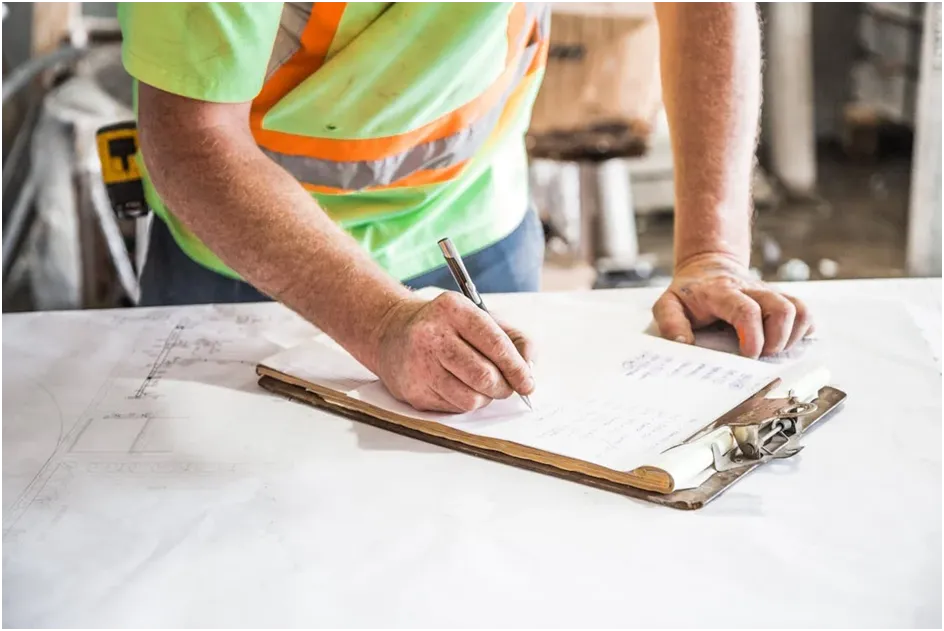General Contractor, Developer, and Others: What Is Their Role?
The construction industry in the US is a complex system where each role has its own meaning: developer, subcontractor, investor, and, of course, general contractor. To navigate how everything is arranged, it is important to understand the duties and responsibilities of each participant. This is especially true for the general contractor, because he is the one who coordinates all processes and is responsible for the final result. It is no coincidence that this position requires a special general contractor license, confirming professional competence. In this article, we will figure out how the general contractor differs from other participants in the construction process and why their role is considered key.
Who Is a Developer?
A developer is someone who provides construction and reconstruction on a specific land plot. A developer can be either an individual or a legal entity. He can be engaged in construction not only on his own territory, but also on someone else’s, if the owner has transferred such functions to him.
A developer can build a house on his own or hire another participant in the construction market — a general contractor. In this case, the developer also becomes a customer, that is, a manager of the process.
But developers do not only hire contractors. Their range of tasks is much wider: here is the preparation of documents and a site for construction, and the sale of apartments, and engineering surveys. Consequently, developers monitor the timing and quality of construction, and at the same time are responsible to the shareholders.
Therefore, before buying an apartment, it is worth checking the developer’s legal history, problems with the tax authorities, previous unfinished projects, and much more.
What Does a General Contractor Do?
A general contractor is a party that directly organizes construction and installation work at a site. They can be hired or selected through a competition. The general contractor and the developer are the main participants in construction.
The main thing is that the general contractor has extensive experience in building new residential buildings. The timing and quality of construction will depend on him. A general contractor is needed to properly organize the construction process. He also participates in the preparation of design documentation.
The main functions of the general contractor:
- Ensure the safety of all work at the construction site, as well as environmental protection;
- Deliver the project to the customer on time;
- Find contractors and monitor the construction process.
If you want to get a license to perform a general contractor license in the USA, we recommend Contractors Intelligence School.
Who Are Contractors and Subcontractors?
A general contractor is associated with a full cycle of construction and installation works, but in reality, he is more of a construction conductor. After all, to install elevators or make glazing, specialized specialists are required, which are not profitable for small companies to keep on staff all the time. Therefore, for each construction stage, the general contractor hires another contractor who will perform specific tasks.
The general contractor is fully responsible to the customer for the work of his contractors, and negotiates with them on the terms and price. Sometimes contractors can perform almost the entire construction cycle. For example, there are contractors who are responsible for installing windows, elevators, landscaping, and finishing facades at once.
Technical Customer and Fee-Development
It happens that the construction customer does not want to deal with paperwork and site preparation. Then he hires a technical customer who will take on specific construction tasks. Thus, he delegates all his functions to the organization that has the necessary licenses, permits and experience.
Fee-development has even broader powers. This participant in the construction market actually performs the functions of a technical customer with an expanded range of responsibilities. Fee-development provides organizational services for the management of investment and construction projects — for example, it can create a project from scratch, starting from the development of the concept of the future house to support its commissioning, and sometimes even maintenance of the already completed facility.
Who Is a Developer?
A developer is essentially an organization that is engaged in construction marketing and represents one or several developers at once. Typically, a developer consolidates various construction structures and organizations under a single brand, developing an advertising campaign and market positioning. The main goal of such an entrepreneur is to scale up construction and earn as much as possible from it.
Now developers often support construction, starting from the development of the concept to the commissioning of the house and further maintenance. The main difference between a developer and a fee-development participant is that the latter is simply hired without investing their own funds. The developer assumes investments and risks associated with the implementation of the construction.
What Is the Role of the Investor?
An investor — or sponsor — can be any legal entity or individual. For example, the owner of a land plot, the state, or a specific businessman.
Even the customer of the construction has the right to act as an investor. In this case, the construction is carried out at its own expense. Often, the investor is also the developer, one of whose functions is investment in construction. It is worth noting that almost every participant in the construction chain can combine the functions of an investor, that is, invest their own funds in construction.
Civil-law relations always connect participants in construction, but there is no specific scheme for them in the construction chain. These can be a variety of combinations that are convenient and beneficial to all parties.
Often, such a chain does without some participants, and their functions are assumed by the rest. In any case, before concluding a purchase agreement, it is better to check the key figures — the general contractor and the developer. Their reputation and positive experience in delivering previous projects will guarantee that the new housing will be delivered on time and built with high quality.
Conclusion
The roles of developer, subcontractor, and general contractor are closely related, but it is the latter who is responsible for the successful implementation of the entire project. In order to legally and professionally perform these duties in the United States, it is necessary to obtain a general contractor license. This is an important step for those who want to develop in the construction industry and conclude serious contracts. Contractors Intelligence School, a school that prepares specialists for exams and supports them at every stage, helps make the process of obtaining a license understandable and accessible.





